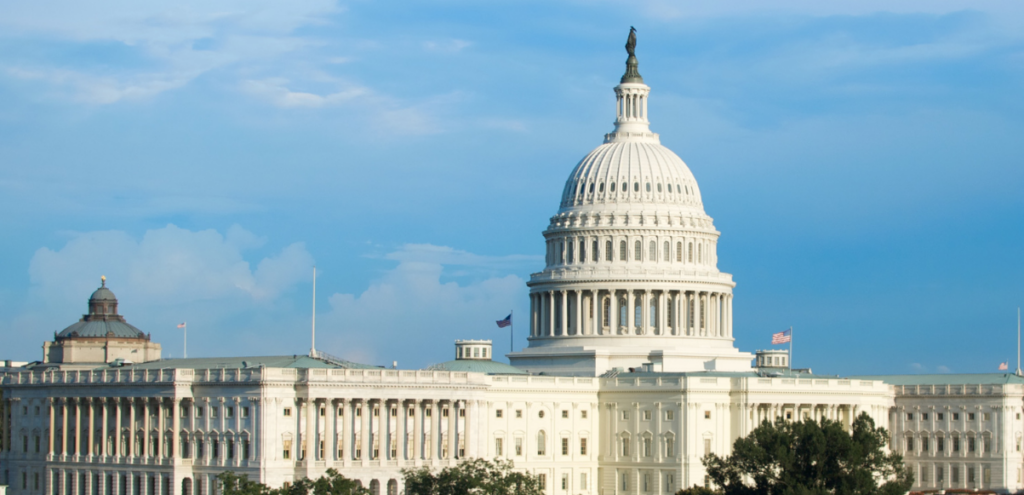Tariffs on aluminum are a tax on beer
President Trump announced last Thursday that he plans to impose a 10% tariff on all aluminum imports and a 25% tariff on all steel imports. This aluminum tariff will dramatically increase the manufacturing costs of American brewers and beer importers.
The American beer industry relies heavily and increasingly on aluminum. American brewers fill and sell about 36 billion aluminum cans and bottles per year. These cans hold 62% of the beer volume made and sold in the United States. That’s up from less than 56% just ten years ago, and it’s still climbing.
Beer cans are manufactured here in the United States. About 36% of the aluminum in beer cans is imported, and about 64% is sourced domestically. Regardless of where it comes from, the tariff will increase the price of all aluminum used in beer can manufacturing. That’s what tariffs are designed to do – they raise the effective prices of targeted materials and the goods that depends on those inputs.
In fact, the President’s aluminum tariff hasn’t even been imposed yet, but it has already started to increase the delivered price of aluminum in the U.S. The Midwest Premium is a component of the total price that anyone buying aluminum in the U.S. pays. It’s essentially a delivery fee that American aluminum users pay regardless of where their aluminum comes from. Before the president’s announcement, the Midwest Premium stood at 13.4 cents per pound. Only a few hours later it had jumped to 16 cents per pound (+19%), and since then it has risen to 17.5 cents per pound (+31%).
Partly because the beer industry uses so many of them, aluminum cans are already the single largest cost in American beer production. Cans make up 11.4% of the cost of manufacturing beer in the U.S. To give an idea of how much that is, cereal grains – one of beer’s other important ingredients – make up 9.7% of beer’s total manufacturing cost. Make no mistake – aluminum is paramount to beer production. It is already expensive, and the proposed taxes will make it much more so.
I estimate that the aluminum tariff will increase the annual cost of beer production in the U.S. by $347.7 million per year. To put that in perspective, after decades of persistent effort, last December the U.S. beer industry successfully lobbied Congress to reduce its federal excise taxes by about $130 million per year for the next two years. The aluminum tariff will not only wipeout every cent of beer’s hard-won excise tax relief – it will pile on an additional $217.7 million in costs each year the tariff is kept in place.
The U.S. beer industry creates 2.23 million American jobs, which is 1.4% of all U.S. employment. The aluminum tariff will put more than 20,000 of these jobs at risk. About half of the jobs that would be lost will be from brewers, distributors, and retailers who sell beer to American drinkers. The other half would be from companies that sell inputs to beer production like aluminum cans and from other jobs that exist because of household spending by people who work in beer.
The broader economy will also suffer due to the tariff on beer cans. The beer industry generates more than $350 billion in economic activity throughout the U.S., which is equal to 1.9% of GDP. Beer also generates more than $63.5 billion in annual tax revenue to the federal government and to communities across the country. The proposed aluminum tariff will reduce beer’s economic output by nearly $2.5 billion and reduce the amount of tax revenue paid through the production and sale of beer by more than $550 million (excluding any revenue collected via the tariff itself).
The aluminum tariff is a tax on beer and will have severe consequences for brewers, distributors, bartenders, and many others. Most importantly, consumers who choose to drink beer will be people who ultimately bear the cost of this tax.
To read a copy of my full analysis, click HERE.
John Dunham is Managing Partner of John Dunham & Associates. John Dunham & Associates is an economic research firm with 18 years of experience, and specializing in tax and regulatory economics.













